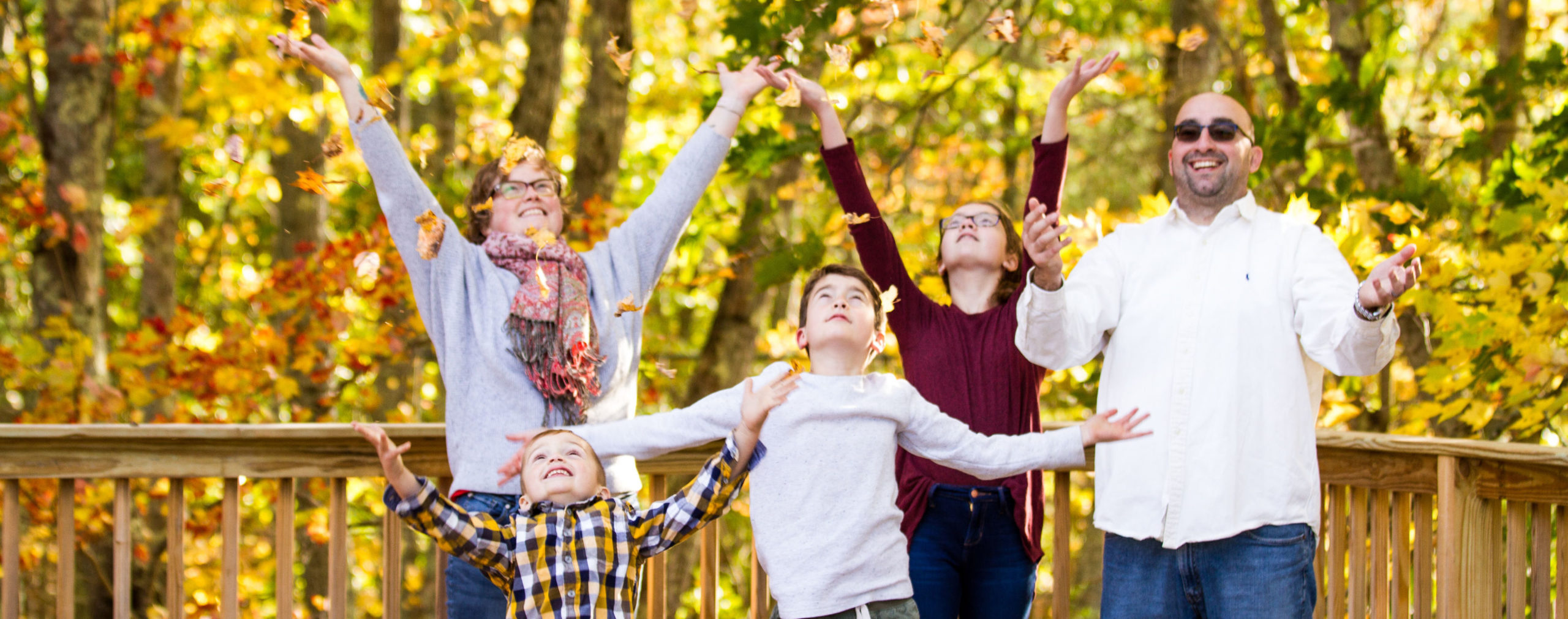The Silvani Family

When was your child diagnosed with cancer? What type of cancer diagnosis were they given?
Joe was diagnosed with Stage IV neuroblastoma in June of 2015.
What did receiving that devastating news feel like for your family?
It's hard to describe what it was like. Time stopped. Priorities changed in an instant. Suddenly our future was a giant black hole, a giant question mark, with a good possibility our child would die despite our efforts to save him. Our sole focus was on Joe, which put our other two children on the back burner.
How did their treatment progress? How is their health now?
Joe's treatment plan was extensive and intense. Neuroblastoma is a very difficult cancer to treat, especially in Joe's case where he had disease in his bones. He spent much of his treatment in patient at Boston Childrens Hospital. He endured 6 rounds of inpatient chemotherapy, tandem stem cell transplants (which are identical in procedure to bone marrow transplants, just with his own stem cells), 20 rounds of radiation, and 6 rounds of antibody therapy. All told, he spent 210 days in the hospital in the course of 18 months.
Joe made it through treatment relatively well. He developed a severe and rare complication while undergoing his stem cell transplants called transplant-associated thrombotic microangiopathy, which presented as nonexistent platelets and hard to control high blood pressure. He required an infusion of an expensive drug called eculizumab every 2 weeks to keep his condition controlled, which he was finally able to discontinue in February of 2017. By last year he was finally able to wean off all his blood pressure medications (which was 6 of them at one point) and is doing incredibly well right now.
What are some of the things that helped your family get through your child's diagnosis and treatment?
Our family and friends were definitely saving graces for us. Often Joe would be admitted unexpectedly--usually in the middle of the night--, leaving Adam and the older two kids to scramble. Adam was the sole breadwinner as I had taken a year off from my position as a teacher in order to care for Joe. Friends and family jumped in to fill the holes in care and food, held fundraisers, and sent gifts to Joe while he was in the hospital. The Jimmy Fund and BCH also have incredible social workers and child life teams that help families in need with programs, grants, and opportunities for families who are inpatient.
How did your other children handle their sibling's cancer challenges?
We were thankful that our children were younger when Joe was diagnosed, though they still dealt with the absence of me and Joe. We decided to try and shelter them from Joe's care as much as possible so as to not scare them-- they only visited the hospital a few times while we were there, and we tried to keep things as normal as possible for them.
What are some things that make your child with cancer unique?
Having dealt with adults for a large portion of his formative years, Joe can talk to anyone. He loves engaging people, asking questions, and being involved with everyone. He is inquisitive and thoughtful, just the sweetest boy around.
What is one thing you wish you could tell everyone about childhood cancer?
Many people believe when treatment is over, the ordeal is over. Honestly, it's just begun. Post treatment life is nothing the family is prepared for, and support is needed even more as caregivers and families process the experience. There is a giant hole in services when it comes to post treatment support and care, especially in areas away from the hospitals of treatment.
How did you find out about Rett’s Roost?
Searching for other people in our situation, looking to connect with other families, I stumbled upon Rett's Roost and its mission.
What is your favorite memory or most positive outcome of attending a Rett’s Roost retreat?
We attended a retreat at Duck Puddle Campground and it was amazing. We felt so taken care of, we were able to meet with a therapist who also had a child with a cancer diagnosis, and we were able to just be with other families who had similar experiences. It was so healing and needed, and I knew I just needed to be involved with this incredible organization. What makes RR special is that despite its roots in grief, Deana and Jim also open their hearts to survivors. This makes them very special indeed.